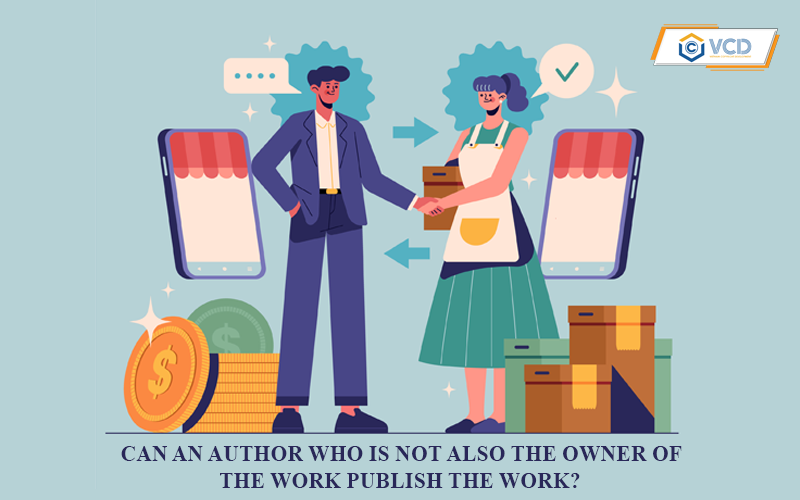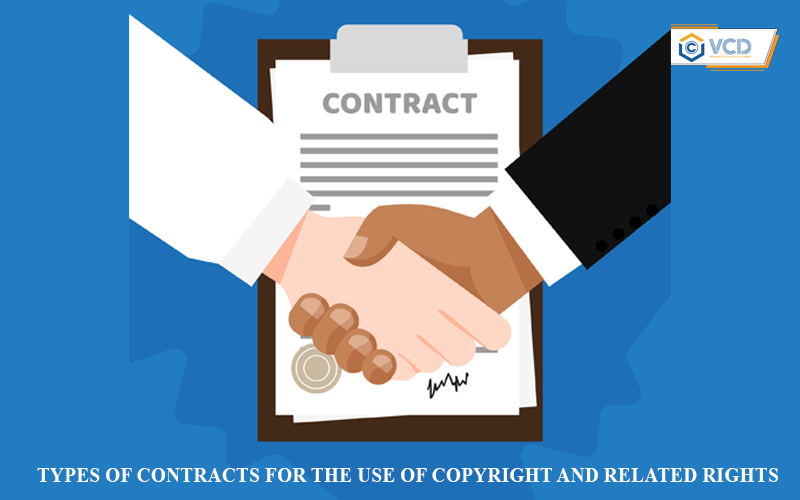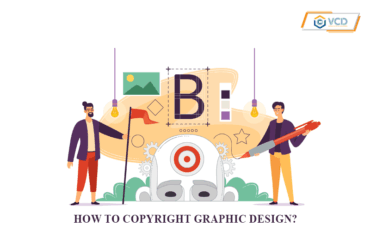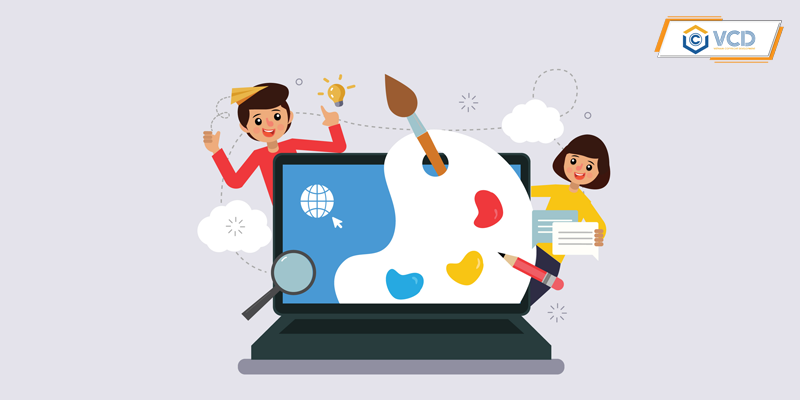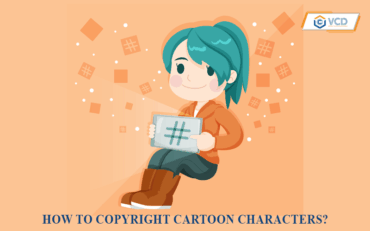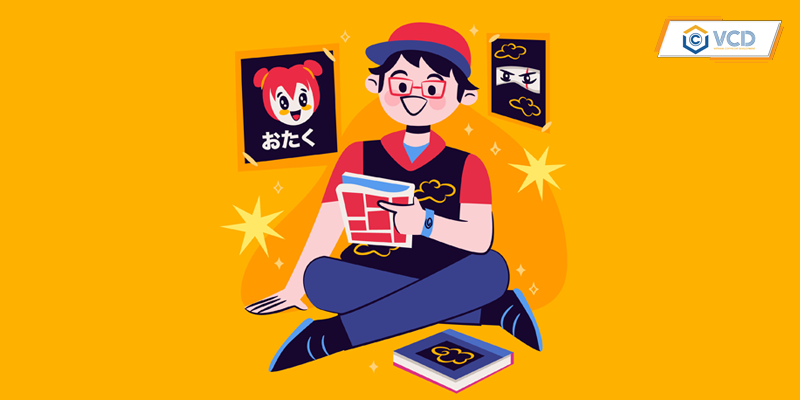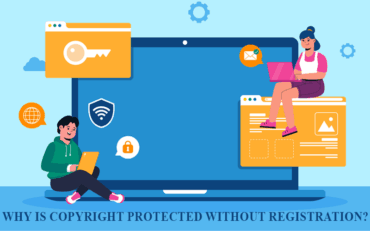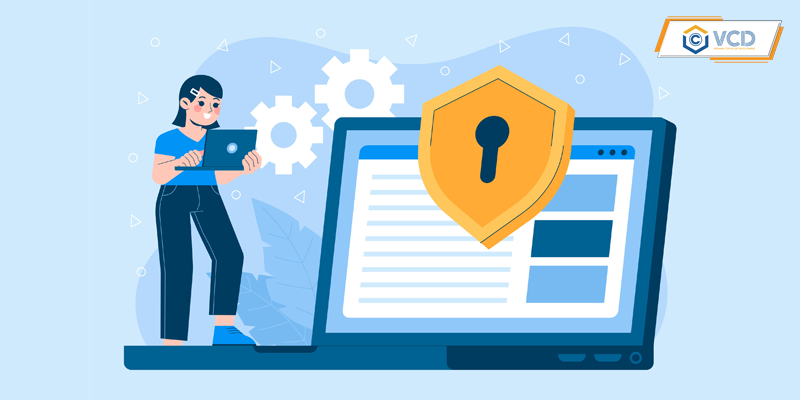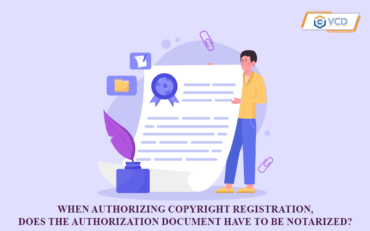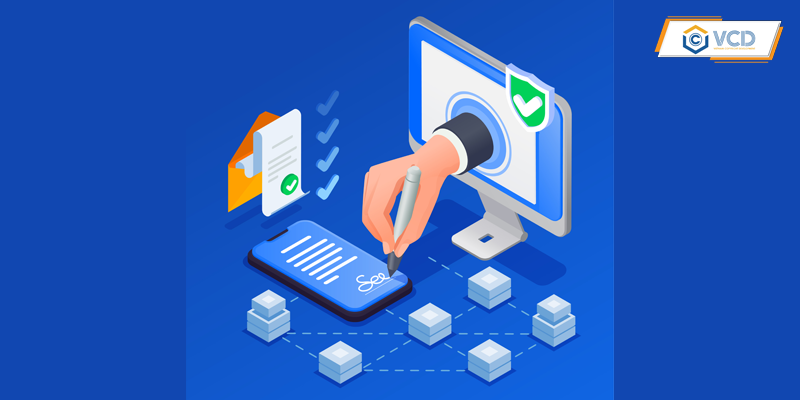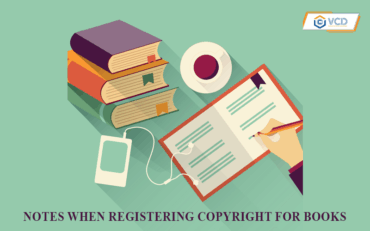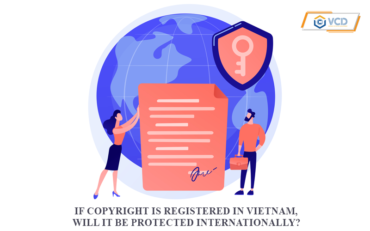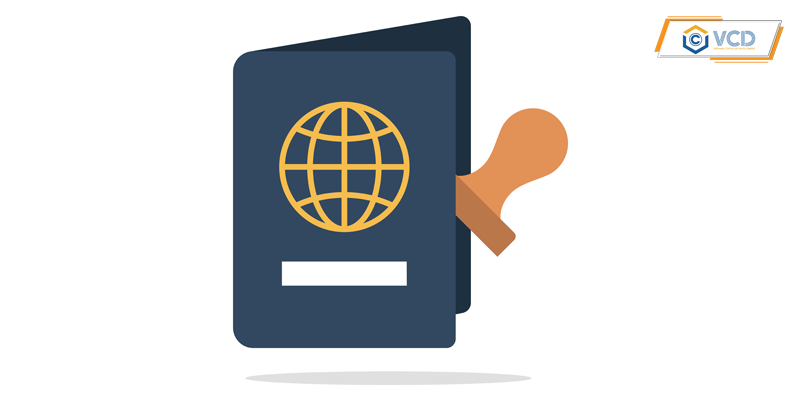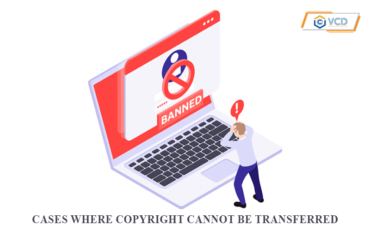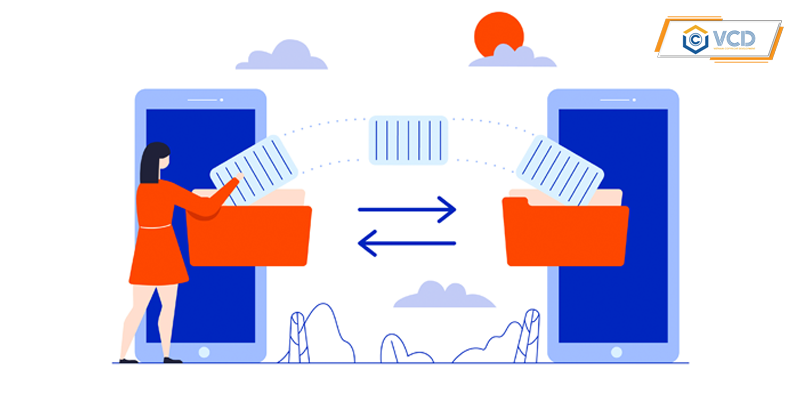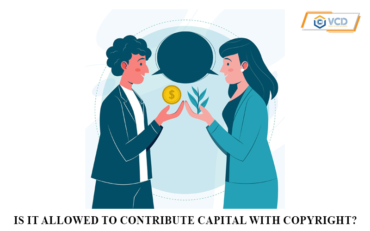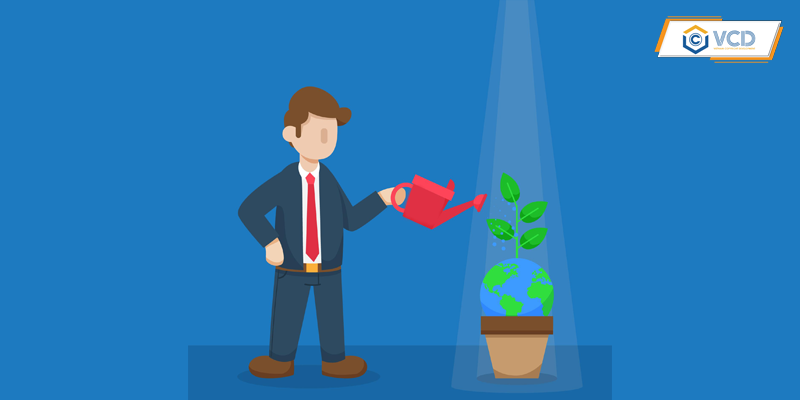Can an author who is not the owner of the work publish the work?
Publishing a work is one of the important rights of the author’s personal rights according to the provisions of intellectual property law. However, in reality, the author is not always the owner of the copyright to his work, especially in cases where the work is created under a creative contract or according to an assigned task. The question is: when the author no longer holds ownership, does he still have the right to publish the work? The following article by VCD will help you.
1. What is publication of a work?
According to Clause 9, Article 1 of the 2022 amended Law on Intellectual Property, a work, audio recording, or video recording is considered published when it is released with the consent of the copyright or related rights owner to disseminate copies to the public in any form, in reasonable quantities. However, current law does not specifically regulate the forms of publication of works. In practice, publication can be done in many different ways, depending on the type of work.
For written works such as books, stories, documents, etc., the most common form of publication is publishing. Works can be released in the form of traditional printed books or e-books, allowing readers to access them through devices such as phones, tablets or e-readers.
For audio and visual works, publication is often done through audio and video recordings. These recordings can be released as CDs, DVDs or digital files and posted on online platforms such as YouTube, Spotify, etc.
For performing arts such as music, theater, dance, etc., works are published through live performances to the public at stages, events or performance spaces.
For works of fine arts, photography, sculpture, etc., the common form of publication is exhibition, which means displaying the work in galleries, museums or public spaces.
2. Who has the right to publish the work?
According to Clause 2, Article 4 of the 2022 Law on Intellectual Property, copyright is the right of an organization or individual to a work that they directly create or legally own.
The subject of copyright includes literary, artistic and scientific works. In addition, rights related to copyright apply to subjects such as performances, audio and video recordings, broadcast programs and encrypted satellite signals (according to Clause 1, Article 3 of the Law on Intellectual Property).
In addition, according to Clause 3, Article 14 of Decree 17/2023/ND-CP, the right to publish a work or allow others to publish it is the release of a work to the public with a reasonable number of copies, in order to meet the public’s access needs depending on the nature of each type of work. This publication can be carried out by the author or copyright owner, or by another individual or organization, but must have the consent of the author or copyright owner.
Therefore, the subject with the right to publish a work is the author of the work or the person authorized by the author (or copyright owner).

3. Can an author who is not also the owner publish the work?
According to the provisions of Article 19 of the current Law on Intellectual Property, the author is entitled to four personal rights to his or her work. Including: the right to name the work; the right to have his or her real name or pen name on the work; the right to publish or authorize others to publish the work; and the right to protect the integrity of the work.
However, not all moral rights are non-transferable. In fact, only three rights are non-transferable, including: the right to name the work (clause 1), the right to have one’s name on the work (clause 2), and the right to protect the integrity of the work (clause 4). The right to publish the work or authorize others to publish the work (clause 3) is a right that can be transferred to the copyright owner.
Therefore, in the case where the author is not at the same time the copyright owner, this person no longer has the right to publish or authorize others to publish his work. This right then belongs to the copyright owner – who can be an individual, organization or enterprise – depending on the agreement or legal provisions.
Inconlusion, the author only has the right to publish the work if he is also the copyright owner. Otherwise, the publication of the work must be authorized by the copyright owner. This is an important principle to clearly distinguish between non-transferable personal rights and transferable property rights in the intellectual property law system.
Above is the article “Can an author who is not also the owner publish a work?” sent to you by VCD. We hope this article is useful to you.
Sincerely,

